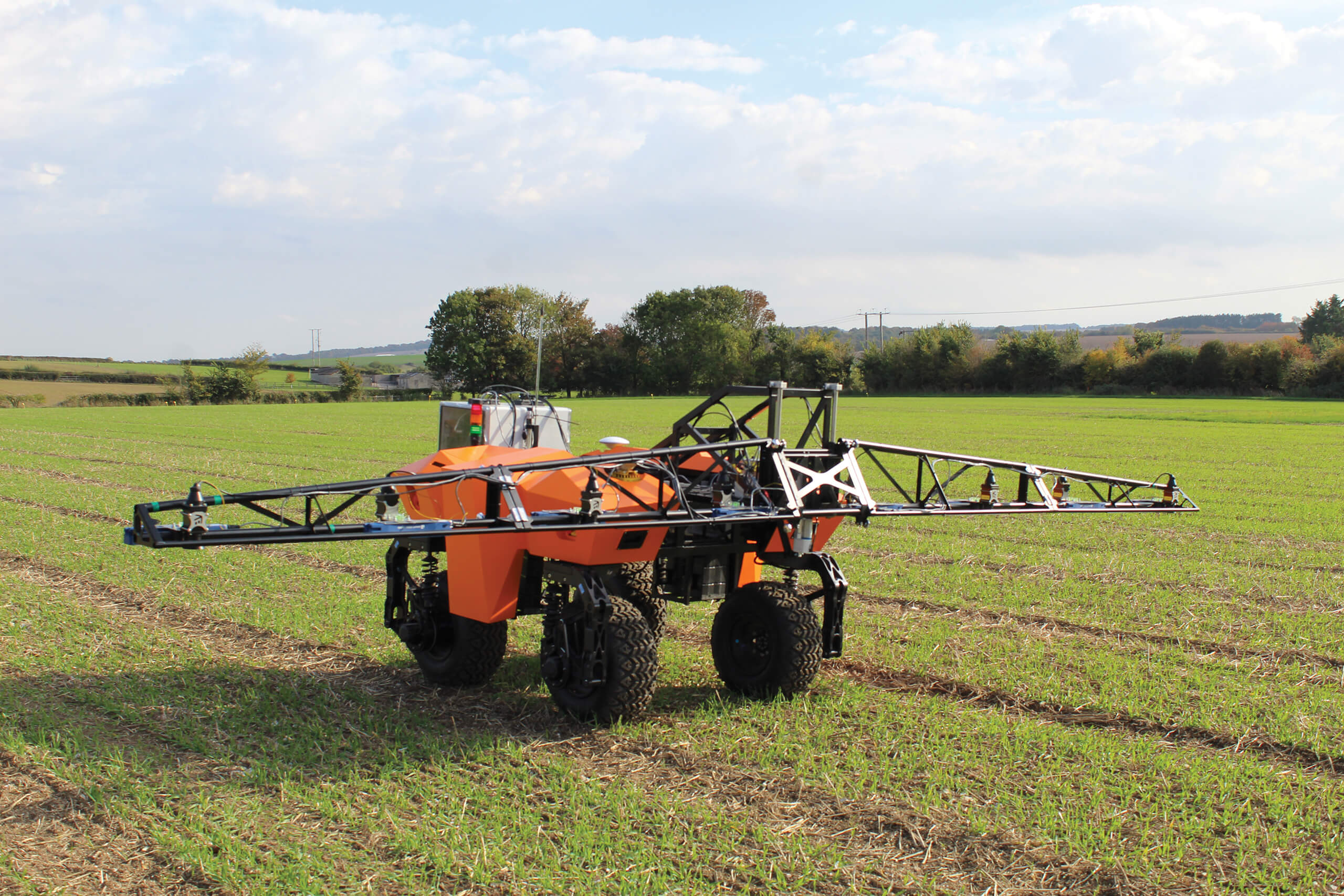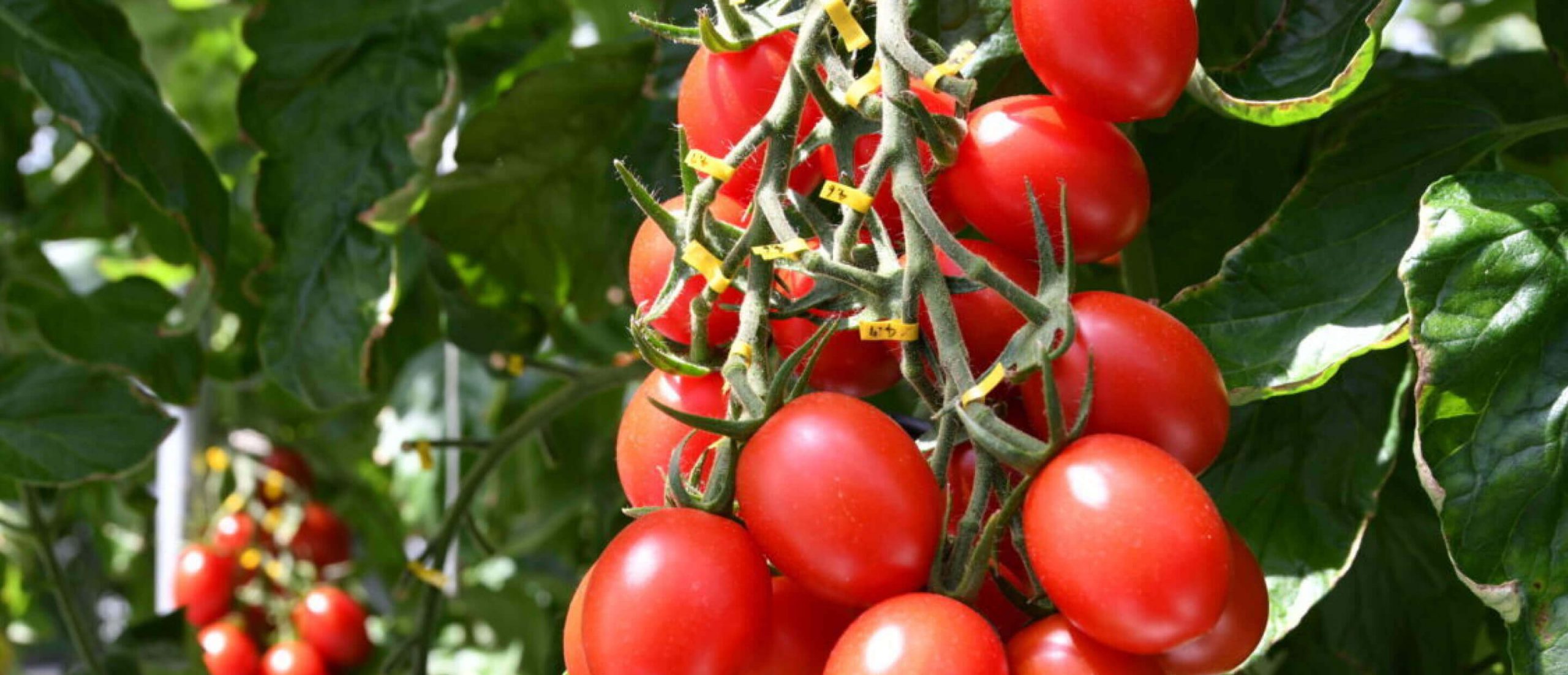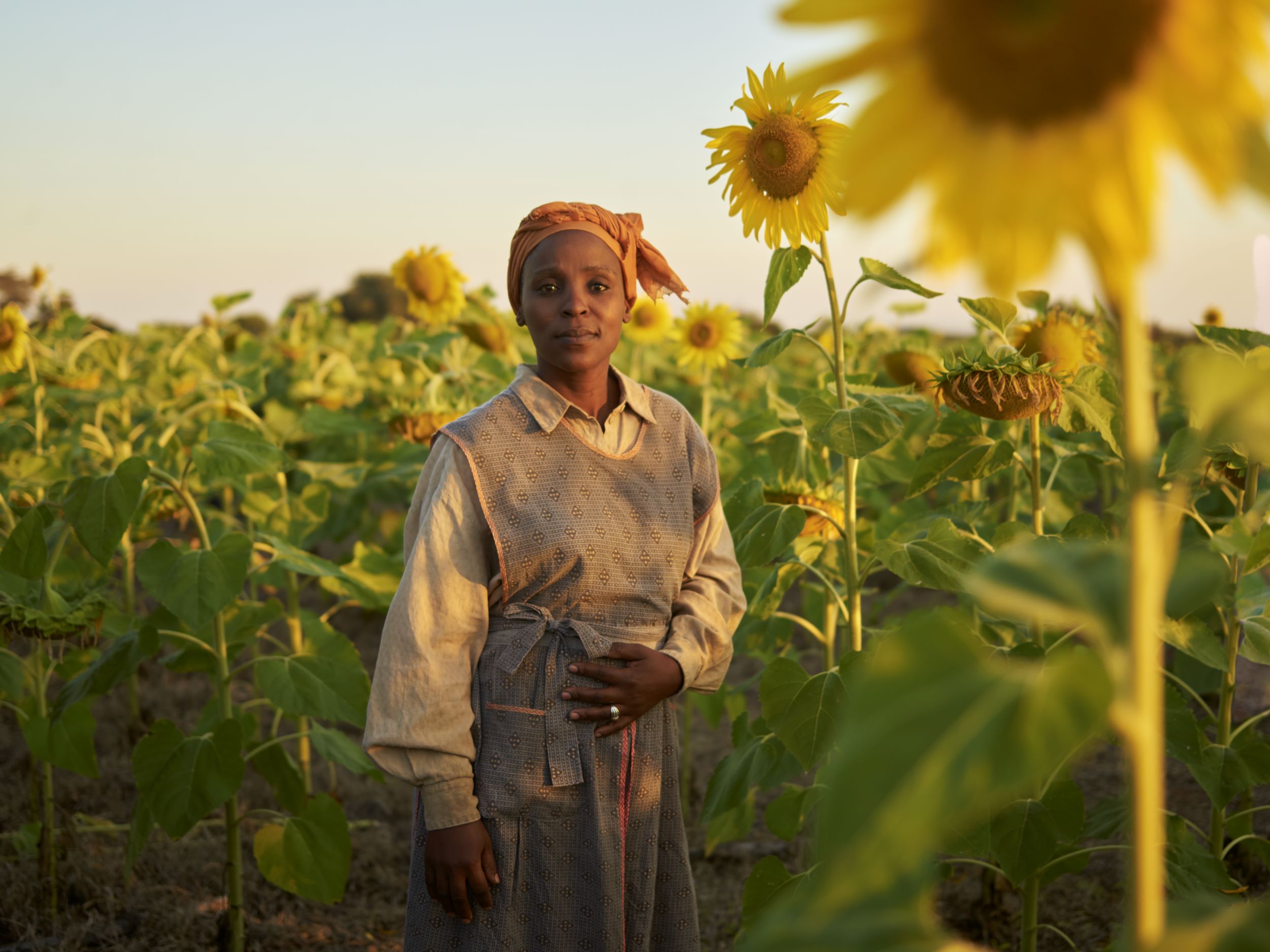
Empowering women strengthens food security for all. Danielle Nierenberg, President of Food Tank, explains why.
From Malawi to the Andes and from Bangladesh to small island nations in the Pacific, women play a starring role in agriculture. Their hard work and knowledge are essential for feeding the world.
In some parts of the world, women face discrimination on all levels: access to land and other inputs; the quality of the land they can farm; livestock ownership; equal pay; participation in decision-making entities; and access to credit and financial services. Cultural barriers also constrain women’s power, even over the crops they sow and harvest. All of these things undermine the potential of women in agriculture.
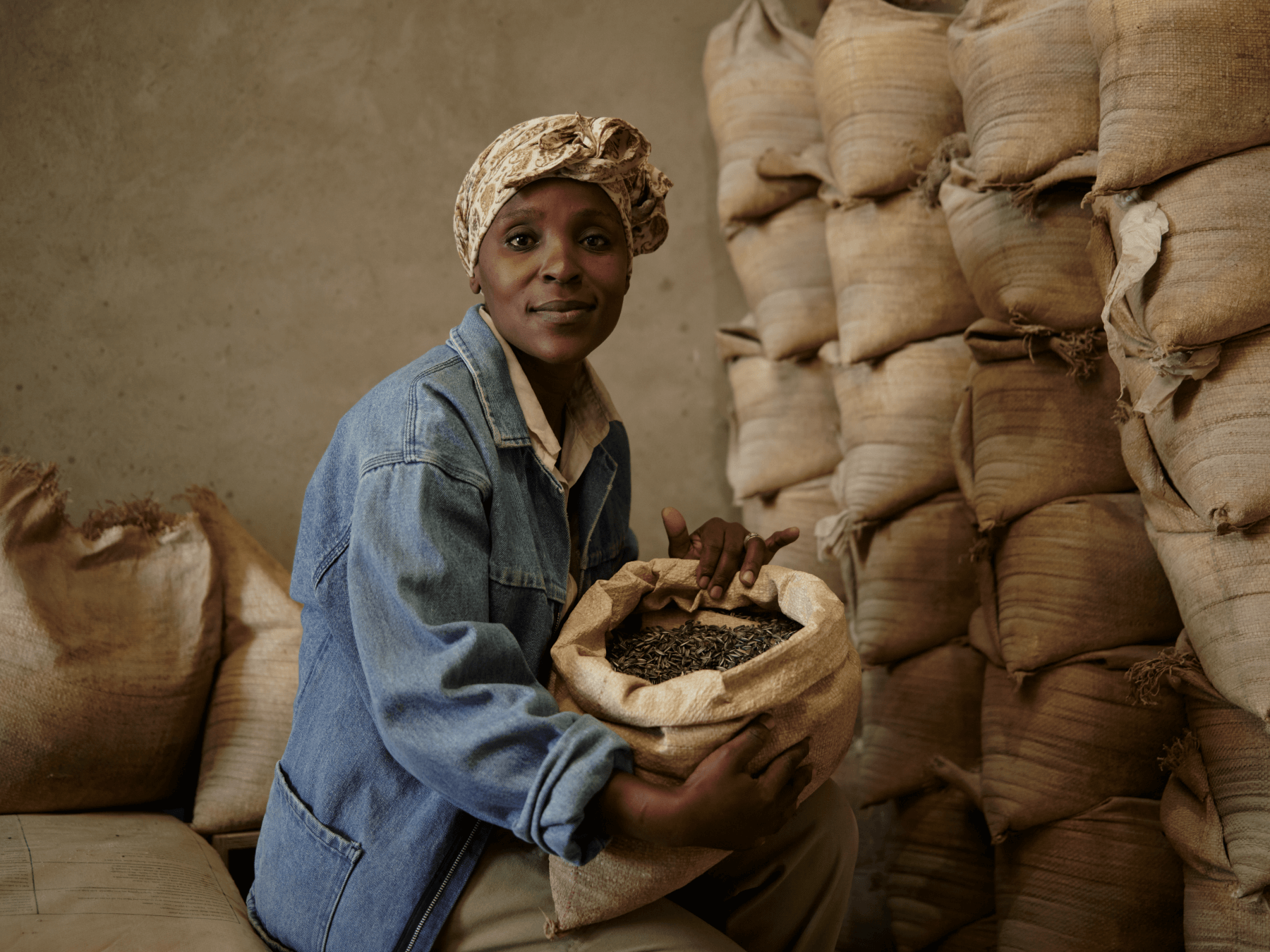
The role women can and do play in agriculture is often underestimated and undervalued.
Source: Corteva AgriscienceWith the right kind of gender-focused investment to address these discrepancies, the United Nations (UN) estimates that women can improve global yields and increase food security for 45 million people.
By improving women’s access to tools, land rights and education, they can deliver incredible benefits to communities and to us all. The latest report from the UN Food and Agriculture Organization (FAO) shows that empowering women leads to improvements in agricultural production, food security, diets, and child nutrition.
In Bangladesh, for example, increasing women’s decision rights in land management led to the growing of more nutritious foods. In Niger, research from The Journal of Development Studies found a 1% increase in female empowerment could raise agricultural output by a similar percentage.
Women-run cooperatives are pioneering new techniques, crops, and value-added products that boost incomes and benefit whole communities.
The number of hungry people in the world has increased for three years in a row and the FAO has embedded gender equality and women’s empowerment in its Strategic Framework 2022–2031, to achieve the four betters:
1. Better Production
2. Better nutrition
3. Better environment
4. Better life for all
To borrow a quote from Dr. Maureen Miruka, Director for Gender, Youth and Livelihoods for CARE USA:
Women tend to bear the brunt of hunger, yet they are farmers, they are innovators, they are decision-makers, they are leaders, and they need to be involved.”
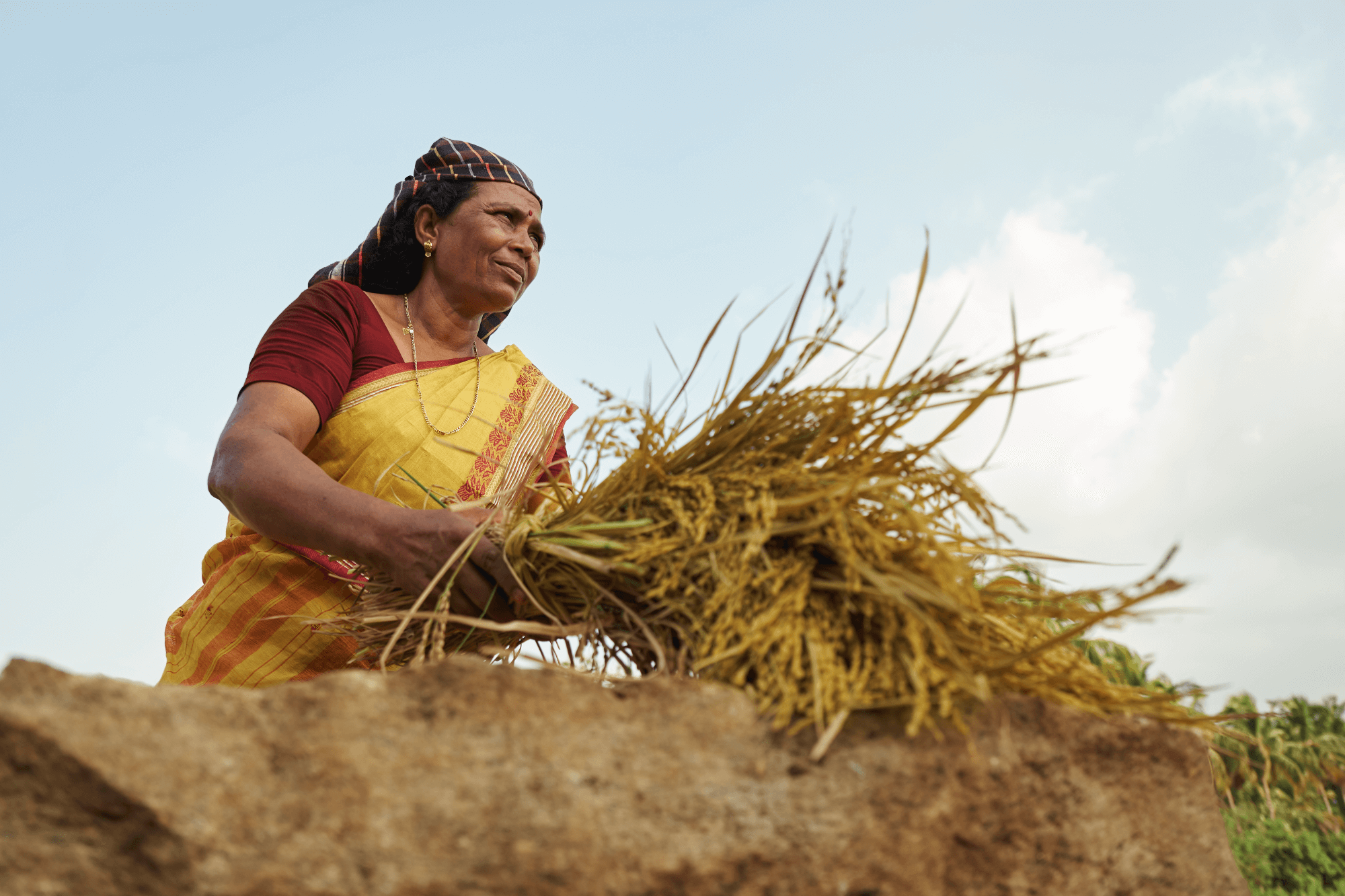
It’s clear that empowering women is also part of the solution. With communities struggling now more than ever, we clearly need all hands on deck to nourish both people and the planet.
The contributions women make go far beyond the farm and touch on every aspect of our communities and the wellbeing of our society. Together, we can ensure women have a seat at the table – and an equal playing field – to shape a stronger, more resilient, and inclusive food system for all.
Game-changing plans
Recognize the vital role of women on and off the farm
Women deserve better recognition for their important roles in food production and every aspect of their lives. Shifting social norms is key. For example, a theater group from Zimbabwe has traveled through southern Africa showcasing women and the important role they play in their communities. The initiative encourages community participation and is credited with changing the mindsets of men and boys.
Women organizing for women
I’ve seen the benefits of women’s alliances many times over. Groups like the Self-Employed Women’s Association (SEWA), with 2.5 million members, can drive a lot of change. SEWA farmers are growing organic food and selling it under their own label to other women in urban areas. These farming women invest the proceeds back into their families’ education and healthcare. In the process, the women gain respect from their households and villages.
Open access to education
With education on preventing food loss and waste, women can transform food for better results. For example, in The Gambia, India, and the Caribbean, women dry mangoes and other fruits to sell to schools and markets, providing Vitamin A throughout the year. Women are accessing education and banking services using their mobile phones.
Lead with local interventions
In the film, The Ants and the Grasshopper, Malawian activist, farmer, and community leader Anita Chitaya says: “If you want someone to change, you go to their doorstep with the problem.” Addressing gender norms and attitudes at a local level improves results. Gender-transformative approaches like the Dimitra Clubs in sub-Saharan Africa work closely with community leaders to change cultural norms and enhance women’s agency, as well as increase cooperation among couples.
Invest to scale proven programs
Investment from the public and private sectors is necessary to broaden the reach and scope of support for women. Initiatives like the World Bank’s Gender Innovation Lab aim to better understand how to scale and mainstream gender policies. One area of interest is increasing women’s engagement in contractual farming work.


